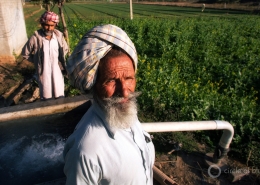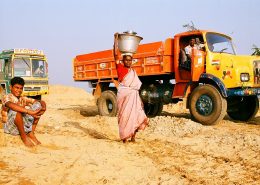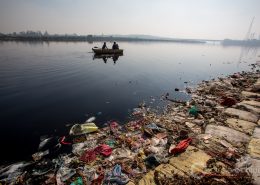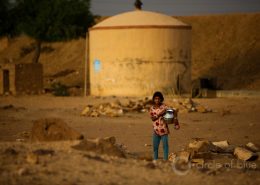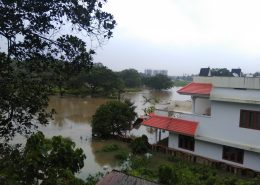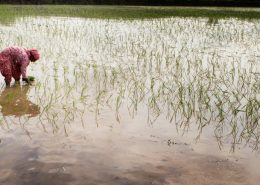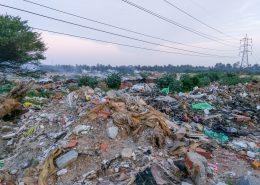India’s Water Scarcity Crisis
In this special report, building on years of on-the-ground coverage, Circle of Blue reveals how a nation of 1.3 billion people, by failing to protect its water, is courting disease and economic hardship as well as social upheaval.
As one villager said, “The water moved from providing life to taking lives.”
Considering the gravity of the situation, we hope that you will share these reports with your networks.
The full coverage is available for republishing under a Creative Commons license. Please contact us for details.
Dirty aquifers and water scarcity are destabilizing the world’s second-largest country and seventh-largest economy. As its water reserves get dirtier and smaller, India is losing the capacity to safeguard public health, ensure farm productivity, grow the economy, and secure social stability. Read More
Tweet:
India, the country that pumps more groundwater than any other has reached a water supply and food safety reckoning that threatens to upend political and economic stability, and long-term public health. https://goo.gl/brs147
Facebook Post:
From the rice paddies and sugar cane fields of Punjab, in northwest India, to the coconut groves and rice paddies in Tamil Nadu, the country’s southernmost state, and in almost every state in between, water pollution and the effect it has on supply have combined to produce a freshwater calamity.
After two consecutive years of weak monsoons, 330 million people in India, a quarter of the country’s population, are affected by a severe drought. More than 60 percent of agricultural land in India is not irrigated, so the failed rains are particularly devastating for farmers. The drought has destroyed crops and dried up wells already stressed by overuse, forcing rural families to move to cities. Read More
Tweet:
Dirty aquifers and water scarcity are destabilizing the world’s second-largest country and seventh-largest economy. @circleofblue https://goo.gl/YBVSEP
Facebook Post:
Across India, and particularly in the nation’s big metropolitan regions, countless numbers of farmers like K.V. Muniraju raise their crops with untreated wastewater. Scientists have measured unsafe levels of heavy metals and other toxic substances in Indian crops – posing a public health threat if consumed.




